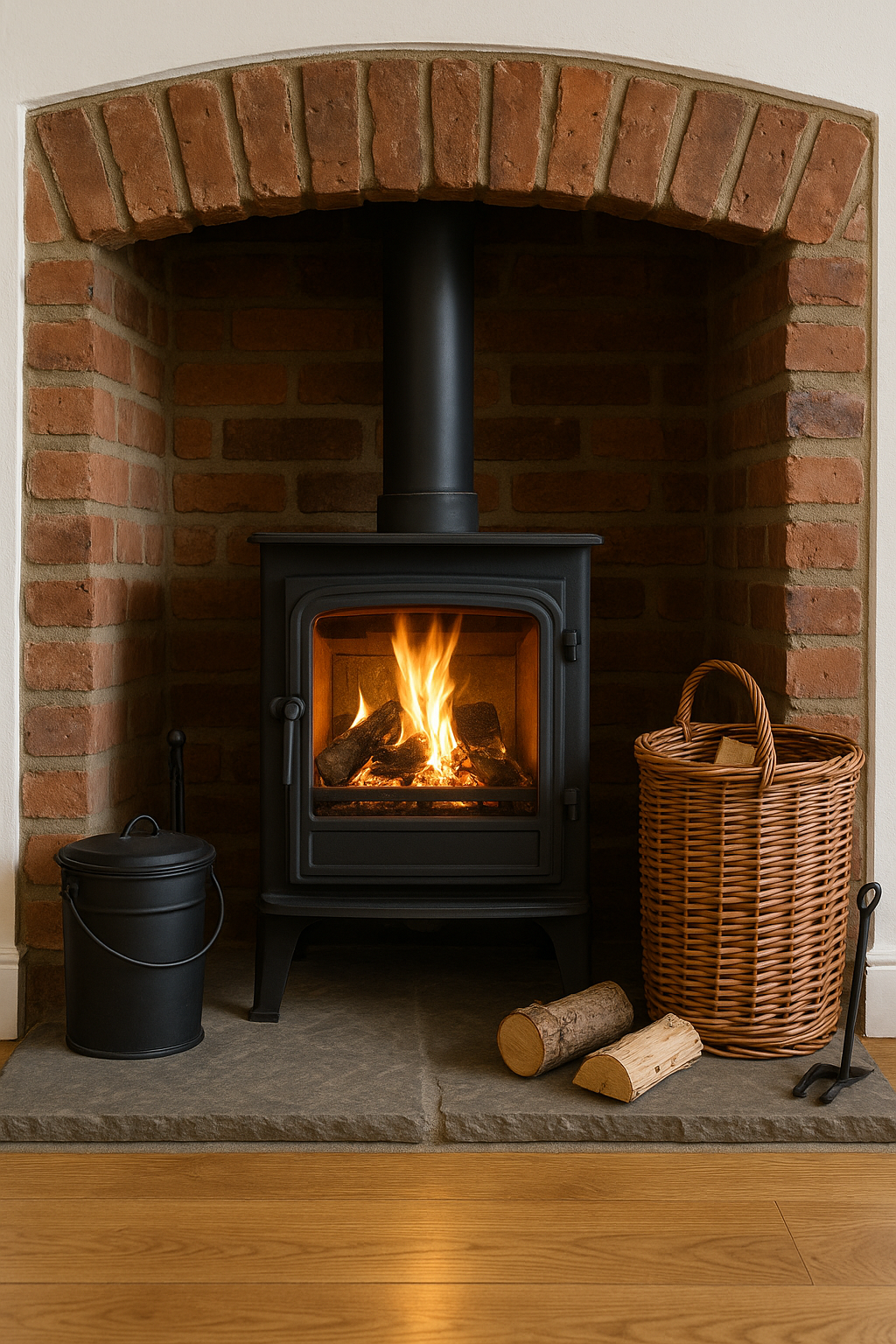
Terms of service.
Terms and Conditions – Jem Nicklin Chimney Sweep
1. General
By booking a service with Jem Nicklin Chimney Sweep, you agree to the following terms and conditions. These terms are designed to ensure clarity, safety, and high-quality service.
2. Services Provided
We provide chimney sweeping, inspection, and related services as agreed at the time of booking. All work is carried out to industry standards and in accordance with current UK health and safety regulations.
3. Customer Responsibilities
Customers must provide safe access to the chimney and fireplace area.
The work area should be clear of valuables, furniture, and ornaments prior to our arrival.
Pets should be kept away from the work area.
The appliance or fire should not have been used for at least 24 hours before the sweep.
4. Payment
Payment is due upon completion of the service, unless otherwise agreed in writing.
We accept cash/bank transfer/card.
Receipts will be provided on request.
5. Cancellations & Missed Appointments
Cancellations must be made at least 24 hours in advance.
A fee may be charged for missed appointments or late cancellations.
6. Certificates of Sweeping
A National Association of Chimney Sweeps certificate will be issued on completion of the sweep, confirming the chimney has been cleaned to a recognised standard.
7. Liability
While every care is taken, we cannot be held responsible for pre-existing damage, poor construction, or deterioration of chimneys, flues, or appliances.
We are not liable for damage caused by the use of defective appliances, chimney structures, or liners.
Customers are advised to maintain smoke and carbon monoxide alarms in accordance with UK regulations.
8. Safety
If a chimney or appliance is found to be unsafe, we may refuse to sweep or issue a warning notice. It is the customer’s responsibility to arrange remedial work.
9. Complaints
Any complaints should be made in writing within 14 days of the service. We will make every effort to resolve issues promptly and fairly.
10. Governing Law
These terms are governed by the laws of England and Wales.